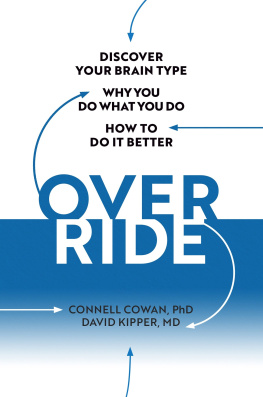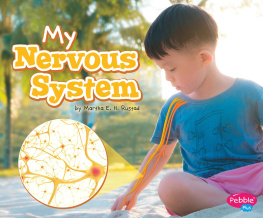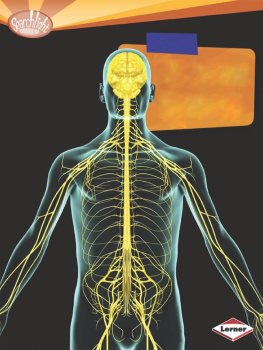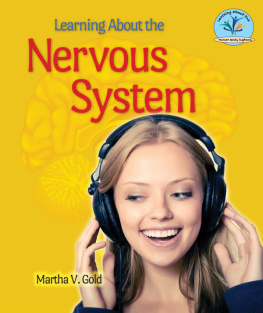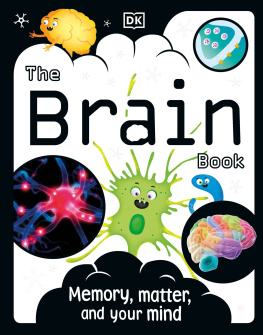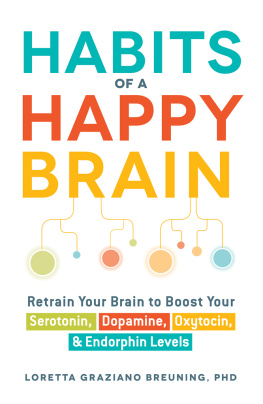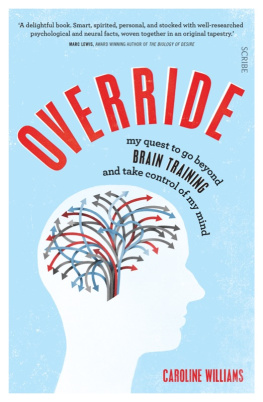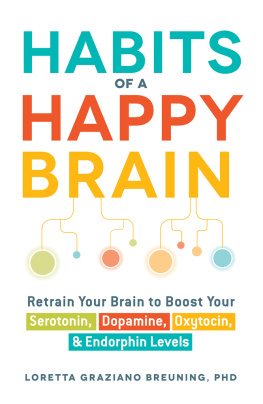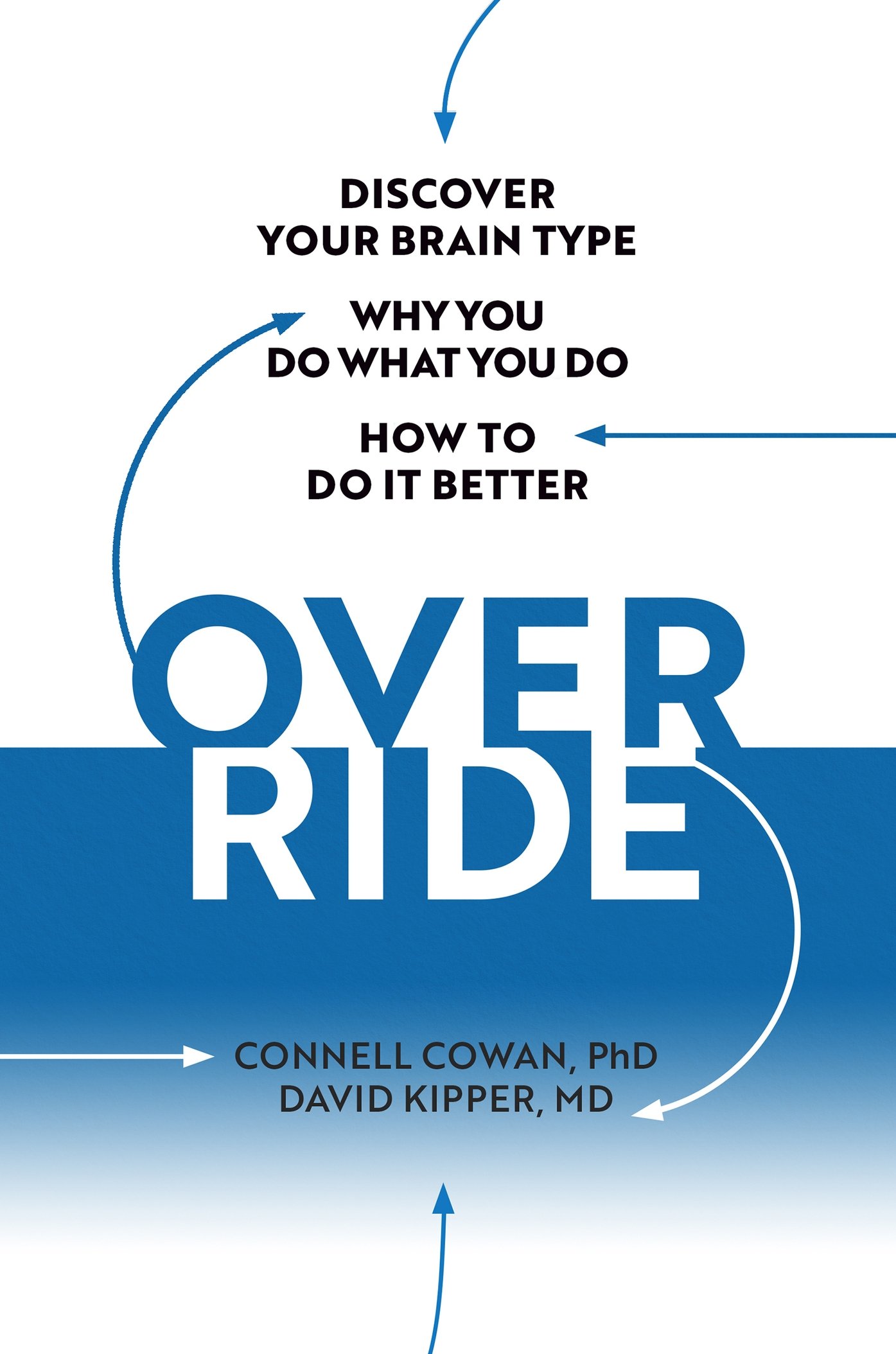Acknowledgments
This book could only have been written with what weve learned over the years from our patients. We would like to thank Laurie Winer, who was enormously helpful in the preparation of the proposal that led to the birth of the book. We would like to extend our appreciation to Cliff Einstein for his early brainstorming. Thanks goes to our literary agent, Jill Marr, for her deft stewarding of the project to the perfect home. We would also like to give our special thanks to Norman Pearlstine and Albert Brooks, who plowed through a draft and so graciously shared their thoughts and wisdom with us. Thanks go to Susan Sullivan, whose mantra shorter is better was always listened to if not always heeded. Our gratitude goes to Denise Silvestro, our editor, for her notes that upped our game and fine-tuned the manuscript, as well as to Sherry Wasserman, who added the final editorial sanding. Our thanks also go out to Mike and Stuart Kipper, Harland Winter, Alan Blaustein, Liz Cole, Val, Denise, Veronica, Aaron, Jim Brooks, Myron Shapero, Peter Tilden, David Kaminsky, Judith Delafield, Daniel Seymour, and John Harwell.
This section wouldnt be complete without acknowledging my collaborator David, who has tolerated our differences with humor and grace and shared this long and winding journey of discovery and puzzle solving with me. It has been an enduring mixture of curiosity and persistence glued together with our friendship. So glad to have had this adventure with you. And my deepest thanks to my dear friend Connell, for bringing to our project his contribution as a gifted wordsmith, his stewardship, his patience with me, and his treasured friendship I have been honored to share for so many years.
CHAPTER ONE
The Irresistible Push and Pull of Arousal
How Brain Activation, or Arousal, Unconsciously
Shapes Whether We Are Focused More
Internally or Externally
R ICHARD D REYFUSS WAS INTERVIEWED ON CNN in 2014 after winning the Academy Award and was asked if he planned to write an autobiography. His response gives us a distinct peak into his brain chemistry. I dont know, but if I do, it will be called The Hunt because Im much more comfortable on the hunt. He flashed his brain type in 1982 when he was arrested for cocaine possession after crashing his Mercedes into a palm tree along a winding canyon road in Los Angeles. See if you can find the clues and identify our beloved actor as Sword or Shield.
If your analysis revealed a thrill for the hunt to be more meaningful than the prize (his Academy Award) and the risk-taking of driving recklessly, youve only one clue to go. That would be the cocaine. What all these clues have in common is their association with an imbalanced dopamine system.
We can be pretty confident that Richard Dreyfuss is a Sword. A Shields autobiography might be titled Overcoming Stage Fright . A Shield might be arrested after crashing his Mercedes, but more likely with alcohol on his breath.
While the choices Shields make can be starkly different from those of Swords, their central motivational engine is the same: they are trying to modulate their level of emotional discomfort. But there is a difference in the way that these two tribes experience that discomfort and it all spins around how they tolerate and process cortical activation or arousal. Yes, its all about arousal . As weve described, arousal is the amount of stimulation or excitation in the nervous system and it is the propellant of motivation and the reason we do all of the things we do. Swords are drawn to it and Shields will go out of their way to avoid it. How do you relate to arousal? Any thoughts as to how it pushes you around in small ways in your life? Do you see things you do that are in service of reducing arousal or increasing it? These are a few of the questions to keep in mind as you read the pages ahead.
There are another couple of differences between these brain types we should get right out in the open. Because of their relationship to arousal, Swords tend to have a whole lot more fun, while the Shields tend to be more comfortable covering their backsides. A recent story covered by CNN illustrates this point. On a freeway leaving Ogden, Utah, an SUV was spotted weaving between the lanes and police pulled it over. The officer walked up to the drivers side of the car, peered in incredulously, and asked, How old are you? Five, the young boy behind the wheel told him. He then spilled out the rest of the story. Hed asked his mother to buy him a Lamborghini and gotten angry when she said no. He collected the three dollars hed saved, along with the keys to the family car, and set off to California to make his dream come true. Lets be really clear here: this little boy is not a Shield.
A Shield example would be decidedly less dramatic but certainly no less intricate. Had that audacious little boy been a Shield instead of a sword, the story might have gone more like the following: a boy dreams of having an exotic sports car. Thats probably where the story would stop because a Shield would likely play the ask mom out, imagine her no, and the dream would be internalized. That boy would likely feel the same sting of anger, but it would go unexpressed and instead of finding the car keys, driving off, and getting pulled over by the police, that child would likely run a series of thought scenarios. One scenario might be something like, What if I get lost and cant find the highway? Another version might be finding the highway and getting far enough away from home only to get stopped by the police. Yet another imagined action might be making it all the way to California successfully and trading those dollars for the car. But all these versions would be played out in his head, all the while he is sitting in his room.
Have you ever thought about how controlling you are in your life? How youre most comfortable when you are doing things the way you like to do them? It is that same controlling impulse that pulls the levers in our brain type. Shields do much of their work under the hood, in their minds, while Swords wield their controlling needs more through action in the real world. Take a moment and think back. Which kid were you a little more like? Not that you ever borrowed the family car when you were five, but did you do adventuresome things that surprise you looking back on them now, or were you more restrained and cautious?
Nature has given us an amazing gift of these slightly imbalanced teams of brain chemicals. Had we all been born without these imbalances, all of our ways of dealing with the challenges and pressures of living would be similar. Nature appears to favor diversity and somewhat of a heightened response to stress over a more nuanced one. To expand our degrees of freedom, nature selected two sets of responses that are mirror images of each other, each hardwired and reflexive. Life over the millennia threw a complex mix of existential threats at our ancestors; had we not had such oppositional decision-making approaches and had these coping styles not been built-in or had required a lot of calorie-crunching thought, modern human beings may not have survived.
Infant Swords and Shields: Trust and Sensory Stimulation
Sword and Shield traits are evident very early in a childs life and dictate their development. Let us remind you of Swords relationship to arousal. Being short on the cortical activation side leaves Swords ever on the lookout for ways to increase it. We all look to feel some subjective version of good, and for Swords that feeling is achieved by engaging a rich stimulus environment. As infants, not only are they tolerant of sensory excitement; they are also comforted by these external inputs. Stimulation is welcome because it raises the level of arousal they are naturally in short supply of.

